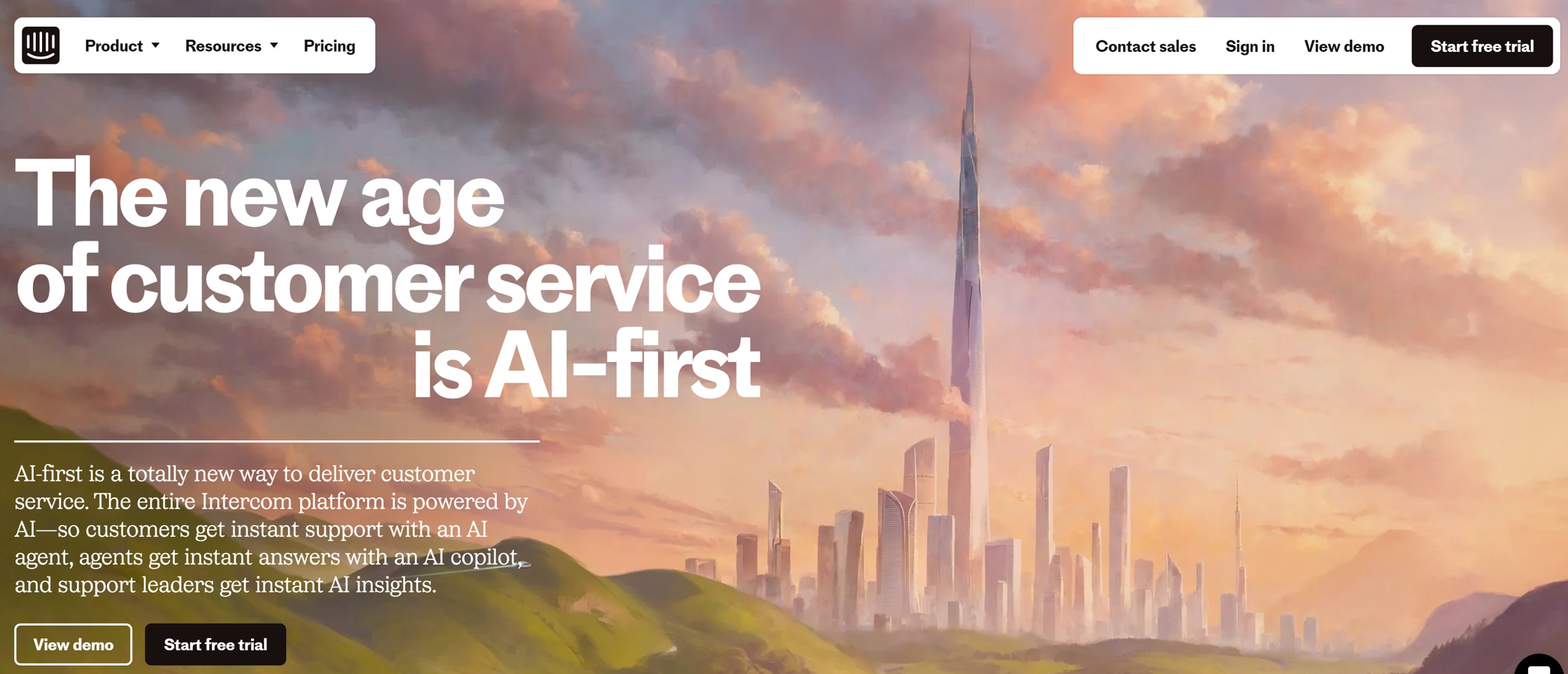The Role of Travel Duration in Customer Satisfaction at Travel Agencies

The Role of Duration in Shaping Travel Experiences
In today’s fast-paced society, travel enthusiasts often find themselves navigating a myriad of options when planning their next escape. Within this bustling environment, duration emerges as a pivotal element that profoundly influences the overall customer satisfaction associated with any trip. Understanding how the length of a journey affects a traveler’s experience is essential for travel agencies looking to enhance their service offerings and cater to the diverse needs of their clients.
Expectation Management
Travelers embark on trips with varying expectations tied closely to their planned duration. For example, a quick weekend getaway to a nearby city can bring about a sense of immediacy and urgency, leading travelers to expect a packed itinerary filled with highlights and popular attractions. In contrast, a two-week vacation to a remote tropical island sets the stage for relaxation and leisure, aligning expectations with a slower pace and opportunities for deeper exploration. Travel agencies must effectively manage these expectations, tailoring their recommendations to ensure client satisfaction regardless of trip length.
Experience Quality
The quality of the experience often correlates with the duration of the trip. Longer journeys allow travelers to engage more fully with their destinations, providing opportunities for cultural immersion, local interactions, and unique activities that shorter trips may overlook. For instance, a week-long trip to Italy can include visits to art museums, cooking classes, and historical tours, while a weekend visit may only touch the surface with a day spent in Venice. Conversely, shorter trips usually focus on convenience, maximizing the traveler’s precious time and minimizing hassle, which can be particularly appealing to busy professionals seeking a quick respite from their routine.
Flexibility Needs
The necessity for flexibility also varies with trip duration. Short trips often require tighter itineraries as travelers attempt to pack numerous activities into just a few days, leading to potential frustrations if plans must change. On the other hand, longer vacations tend to allow for spontaneity and leisure, as travelers have more time to adapt their plans based on changing preferences or unexpected discoveries along the way. Travel agencies can enhance customer satisfaction by offering flexible packages that cater to both quick trips and extended journeys, accommodating the whims of travelers regardless of their time constraints.
Travel Trends Shaping Duration Choices
As the travel landscape evolves, specific trends begin to emerge that highlight the growing importance of trip duration in the decision-making process:

- Weekend Getaways: These short escapes have gained momentum among urban professionals, characterized by their appeal to individuals seeking a brief retreat from city life. Popular destinations may include vibrant cities within a few hours’ drive or direct flight from major U.S. hubs, such as New Orleans or Nashville.
- Extended Vacations: Families often favor longer trips, particularly during school breaks. These vacations allow time for elaborate planning and itineraries, taking families on memorable adventures to destinations like Disneyland or the national parks of the West.
- Business Trips: In the corporate world, efficiency becomes paramount. Consequently, shorter business trips tend to emphasize productivity, with travel agencies optimizing services to ensure seamless experiences across various time zones.
Understanding the intricate relationship between travel duration and customer satisfaction is crucial for both travelers and travel agencies. By recognizing these elements, agencies can tailor their services to heighten traveler enjoyment and establish a more personalized experience. The growing connection between duration and satisfaction invites further exploration, revealing opportunities for agencies to innovate and meet the diverse preferences of modern-day travelers.
DISCOVER MORE: Click here to dive deeper
Understanding Customer Preferences: The Impact of Travel Duration
The length of a trip plays a significant role in influencing customer satisfaction at travel agencies. With an increasing number of travelers seeking to maximize their experiences, agencies are tasked with understanding how travel duration shapes the preferences and expectations of their clients. Particularly in the United States, where diverse lifestyles and varying schedules are prevalent, recognizing the complexities surrounding trip lengths can enhance agency offerings and improve overall satisfaction.
Traveler Demographics and Trip Duration
Demographic factors significantly influence the relationship between trip duration and customer satisfaction. Millennials and younger travelers often opt for shorter, adventurous vacations that allow them to explore multiple destinations within a limited timeframe. In contrast, older travelers or families with children may prefer extended trips that offer the chance to relax and reconnect in a single destination. This divergence in vacation preferences highlights the need for travel agencies to customize their services based on the age, lifestyle, and familial status of their clients.
The Influence of Travel Duration on Booking Decisions
When customers decide how long to travel, the chosen duration directly impacts their booking decisions, often steering their selection of travel agencies. A survey conducted by the American Society of Travel Advisors revealed that clients are more likely to book through agencies that provide tailored itineraries that align with their desired travel length. For instance, those intending to invest a substantial amount of time in a trip are inclined to seek expert guidance to optimize their experiences, while travelers with tighter schedules may prioritize ease of booking and convenience.
Perceived Value of Short vs. Long Trips
The concept of perceived value is another critical factor shaped by the duration of travel. Short trips can offer pocket-friendly options that allow multiple quick escapes throughout the year, catering to budget-conscious individuals. Conversely, longer vacations are often seen as more valuable experiences due to the immersive opportunities they provide. Travelers may be willing to pay a premium for a week-long cruise or an all-inclusive resort stay, which promise a multifaceted escape from everyday life. Thus, travel agencies must clearly communicate the unique benefits associated with different trip durations, aiding customers in recognizing the value they receive for their investment.
Key Challenges in Meeting Expectations
- Pacing of Activities: Short trips may lead to a rushed itinerary that impedes a truly relaxing experience, whereas longer trips pose the challenge of maintaining engagement throughout the entire duration.
- Cost Concerns: Travelers often weigh their options based on cost-effectiveness, leading agencies to offer competitive pricing for both short getaways and lengthy adventures.
- Local Insight: Travelers embarking on long journeys often seek deeper cultural experiences, requiring agencies to curate itineraries that highlight local hotspots beyond the ordinary tourist trail.
By comprehensively addressing these challenges and tailoring their offerings to aligned expectations based on travel duration, agencies can significantly enhance customer satisfaction. Understanding each traveler’s specific desires linked to the length of their journey can empower agencies to create more compelling and personalized travel experiences.
| Advantage | Key Points |
|---|---|
| Enhanced Experience | Longer travel durations often allow tourists to immerse themselves in local cultures, enhancing overall satisfaction. |
| Personalized Packages | Agencies can tailor experiences based on travel duration, offering unique itineraries that cater to specific customer preferences. |
| Travel Value | Longer trips generally provide better value, as clients experience more activities for their investment, boosting satisfaction levels. |
| Easier Comparisons | With clearly defined travel durations, customers can easily compare agency offers, leading to well-informed decisions and higher satisfaction. |
In the realm of travel planning, the duration of trips plays a pivotal role in influencing customer satisfaction at travel agencies. It is essential to understand how a longer travel duration can enhance the overall experience for clients. Research indicates that trips that span more extended periods allow travelers to deeply engage with local customs, sights, and cultures, resulting in a significantly heightened sense of fulfillment.Moreover, the flexibility of offering personalized travel packages based on the length of stay empowers agencies to cater their services more effectively. This strategy not only meets the specific desires of clients but also enriches their journeys with activities uniquely aligned to personal interests.Additionally, the idea of travel value cannot be overlooked; clients typically perceive longer trips as offering a better return on their investment. When they can partake in a multitude of experiences without feeling rushed, their overall satisfaction increases substantially. Lastly, when clients have a clear understanding of different travel durations, they can easily compare options from various agencies. This transparency fosters trust and leads to informed decisions that ultimately impact their satisfaction positively. The intricate relationship between travel duration and customer satisfaction continues to shape the strategies incorporated by travel agencies aiming to elevate their service quality.
DISCOVER MORE: Click here to learn how to plan your perfect itinerary</p
Adapting Strategies for Diverse Travel Lengths
As travel agencies strive to enhance customer satisfaction, one of the most effective strategies is to adapt their offerings based on travel duration. Agencies must recognize that not all travelers have the same needs or expectations when it comes to the length of their trips. By customizing their services and developing targeted marketing strategies, agencies can significantly improve their appeal to a broader range of clients.
Flexible Itineraries and Packages
In order to satisfy the varying demands of travelers, agencies are increasingly offering flexible itineraries that accommodate short-term and long-term plans alike. For example, a travel agency may provide curated weekend city breaks, while also featuring tailored week-long excursions for those looking for more in-depth experiences. Such packages not only diversify an agency’s portfolio but also engage customers who might otherwise overlook their services due to a perceived mismatch in trip length options. Agencies can enhance their offerings by incorporating activities and amenities that align with the duration of travel, ensuring that each customer feels valued, regardless of their choice.
Customer Education on Travel Duration Choices
Another essential element in managing traveler expectations is customer education regarding travel duration choices. Informational seminars, blogs, and personalized consultations can help clarify the impact of trip length on experience quality. For instance, educating potential clients about the benefits of extended trips — such as deeper cultural immersions, leisurely exploration, and stress relief — can encourage them to consider lengthier vacations. Likewise, agencies can illustrate how short trips can be just as fulfilling with the right planning. By equipping customers with knowledge, agencies increase the likelihood that travelers will embrace packages that best suit their preferences and schedules.
The Role of Technology in Customization
Technology plays a pivotal role in enhancing customer satisfaction by allowing travel agencies to personalize their offerings based on individual client needs. Data analytics and AI-driven tools enable agencies to track customer behavior and preferences over time. By leveraging this data, agencies can offer personalized recommendations that correlate with trip durations, creating memorable experiences that resonate with their clients. For example, an agency might suggest a guided tour for customers planning a short holiday, in contrast to a leisurely self-drive itinerary for those on an extended trip. This data-informed approach ensures higher levels of engagement and satisfaction across various demographics.
Feedback Mechanisms and Continuous Improvement
Implementing robust feedback mechanisms is another vital component in adapting to travel duration-related preferences. Travel agencies should actively solicit client feedback following their trips, asking pointed questions about how the duration of their travels impacted their experiences. This information can be instrumental in refining future offerings and services. By continuously monitoring and responding to customer insights, agencies can create an evolving understanding of the dynamics between trip length and satisfaction—ultimately leading to improved experiences across all travel dispositions.
- Seasonal Promotions: Tailoring marketing campaigns and promotions to specific travel lengths can attract different customer segments. For instance, promoting quick getaways during holiday seasons or extended vacations during summer can tap into seasonal preferences.
- Collaboration with Local Partners: Establishing partnerships with local businesses and attractions allows agencies to enhance their itineraries based on trip duration, ensuring that travelers receive an exceptional value regardless of their time commitment.
- Diverse Pricing Models: Varied pricing structures for short versus long trips allow agencies to appeal to a wider range of budgets, making travel accessible to more clients and increasing overall customer base.
By addressing these elements of travel duration and customer satisfaction, agencies can effectively create tailored experiences that resonate with their clients and encourage repeat business, fostering a loyal client base that recognizes the value of personalized travel planning.
DISCOVER MORE: Click here for expert tips on crafting your perfect travel itinerary
Conclusion: Enhancing Satisfaction Through Tailored Travel Experiences
The relationship between travel duration and customer satisfaction at travel agencies cannot be overstated. As the travel industry adapts to the evolving demands of consumers, agencies have an incredible opportunity to leverage the insights gathered from traveler preferences. Offering personalized and flexible itineraries, along with educating clients about the value associated with different trip lengths, are pivotal strategies that can significantly improve customer engagement.
Furthermore, the integration of technology in curating individualized travel experiences—including data-driven recommendations—stands as a cornerstone in addressing the expectations of diverse clients. Agencies that actively solicit feedback and analyze client satisfaction not only improve their offerings but also foster a deeper connection with their customer base. This continuous improvement cycle ultimately strengthens brand loyalty, ensuring that travelers return time and again for their planning needs.
As travel agencies embrace these evolving strategies, they can attract a wider audience, demonstrating that whether it’s a spontaneous weekend getaway or an immersive week-long exploration, each journey can be uniquely fulfilling. The ultimate goal remains clear: to provide exceptional experiences that meet the varied desires and schedules of today’s travelers. This focus on adapting to the nuances of travel duration will pave the way for sustainable success in the competitive landscape of travel services.


